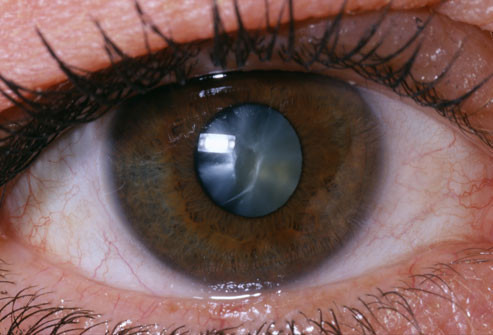Maybe. Did you know that sugar consumption in the U.S. has increased by 19% since 1970? It’s true, most Americans eat 30 teaspoons of sugar every day. It seems like a lot, but the fact is that almost everything that we eat and drink has sugar, that includes soda, fruit, and many processed foods. For Hispanics, the risk is even greater because eating too much sugar puts us at risk for diabetes.
In Mexico, two-thirds of adults are overweight or obese and type 2 diabetes and heart disease is the leading causes of death. Just like in the U.S., they have added on taxes on soda and other sugary drinks, but this is still a big problem in both countries.

A 2012 study published in the journal, Global Public Health found that populations that consume the largest amounts of high-fructose corn syrup (which is what is found in soda) have a 20% higher rate of type 2 diabetes. The American Heart Association recommends that you eat no more than 6 teaspoons of sugar per day.
Unfortunately, sugar is the main source of calories in people’s diets today and it’s associated with not only diabetes, but heart disease, high blood pressure, and obesity. Many people who try losing weight, don’t achieve the results they want because they can’t let go off the sugary food.
Fructose is found even in sweet fruits like oranges, mangoes, bananas, and others. When you eat more fructose than your body can handle, it gets converted into fat and stored around your liver, which is how you get abdominal fat. Too much belly fat puts you at risk for heart disease and type 2 diabetes.

Simple Steps to Lay Off the Sugar
- Visualize yourself thinner: It’s almost a guarantee that if you eat less sugar, your belly will go down. Visualize yourself being a smaller size and think about the benefits of eating less sugar.
- Eat every 3 or 4 hours: Most people who go grocery shopping when they’re hungry tend to buy more junk food. You crave everything, the same thing happens when you’re hungry, you crave the sugary foods, so try to eat less and more often.
- Write down what you eat: When you have a food diary, you have a visual and you keep track of the amount of food you’re eating. This is great to eat less sugar and even lose weight.
- Sleep more: Try to get at least 6 to 8 hours of sleep every day. Lack of sleep increases your hunger hormones and drives you to eat, even when you’re not hungry.
- Visualize getting sick: As horrible as that sounds, picturing negative consequences can work to your advantage. Thinking about gaining weight or getting diabetes can help you put that sugary food down and away from your mouth.






